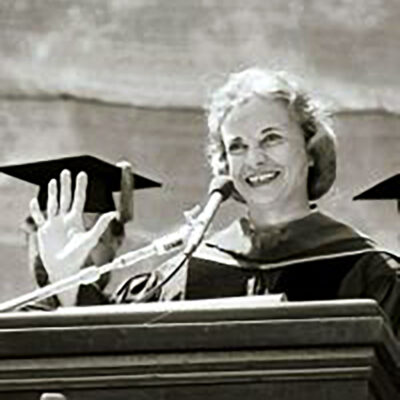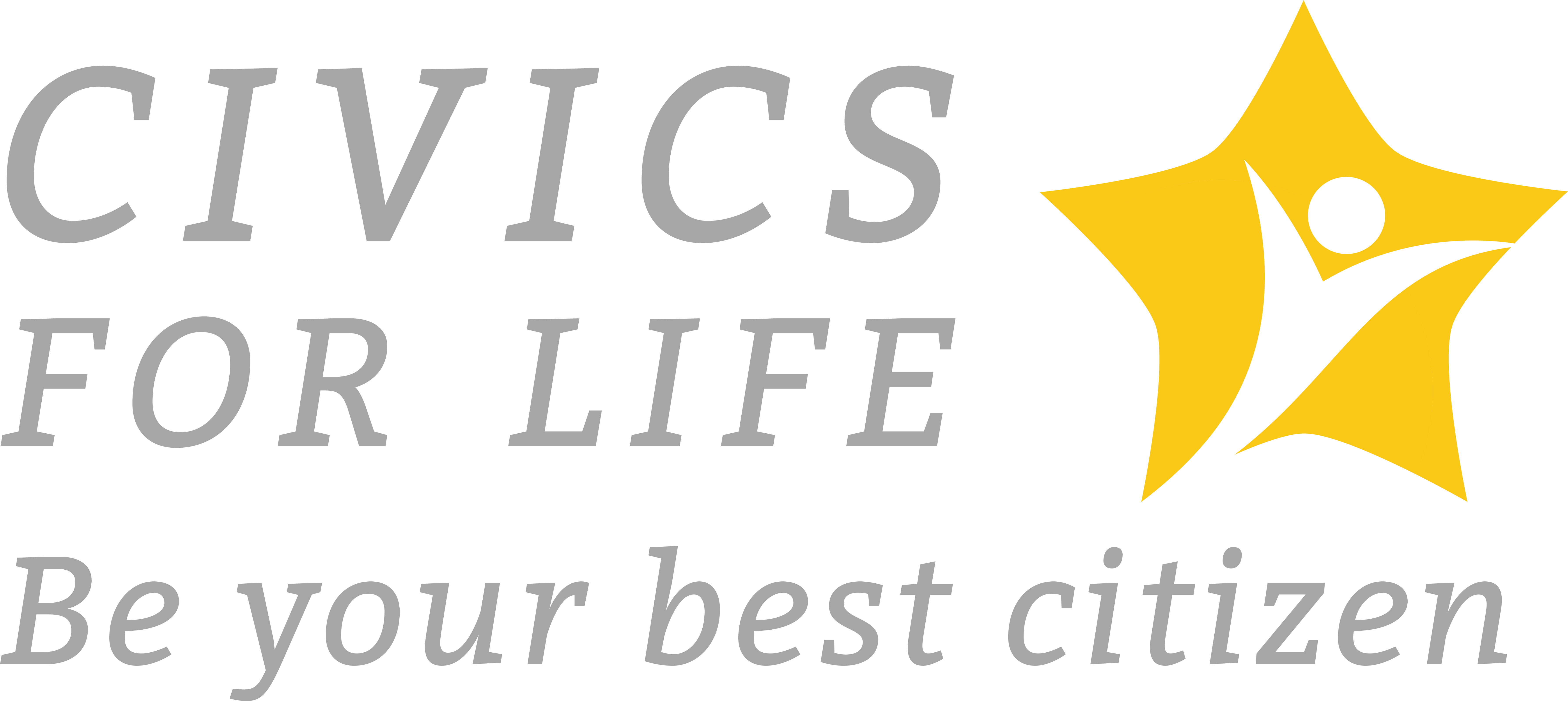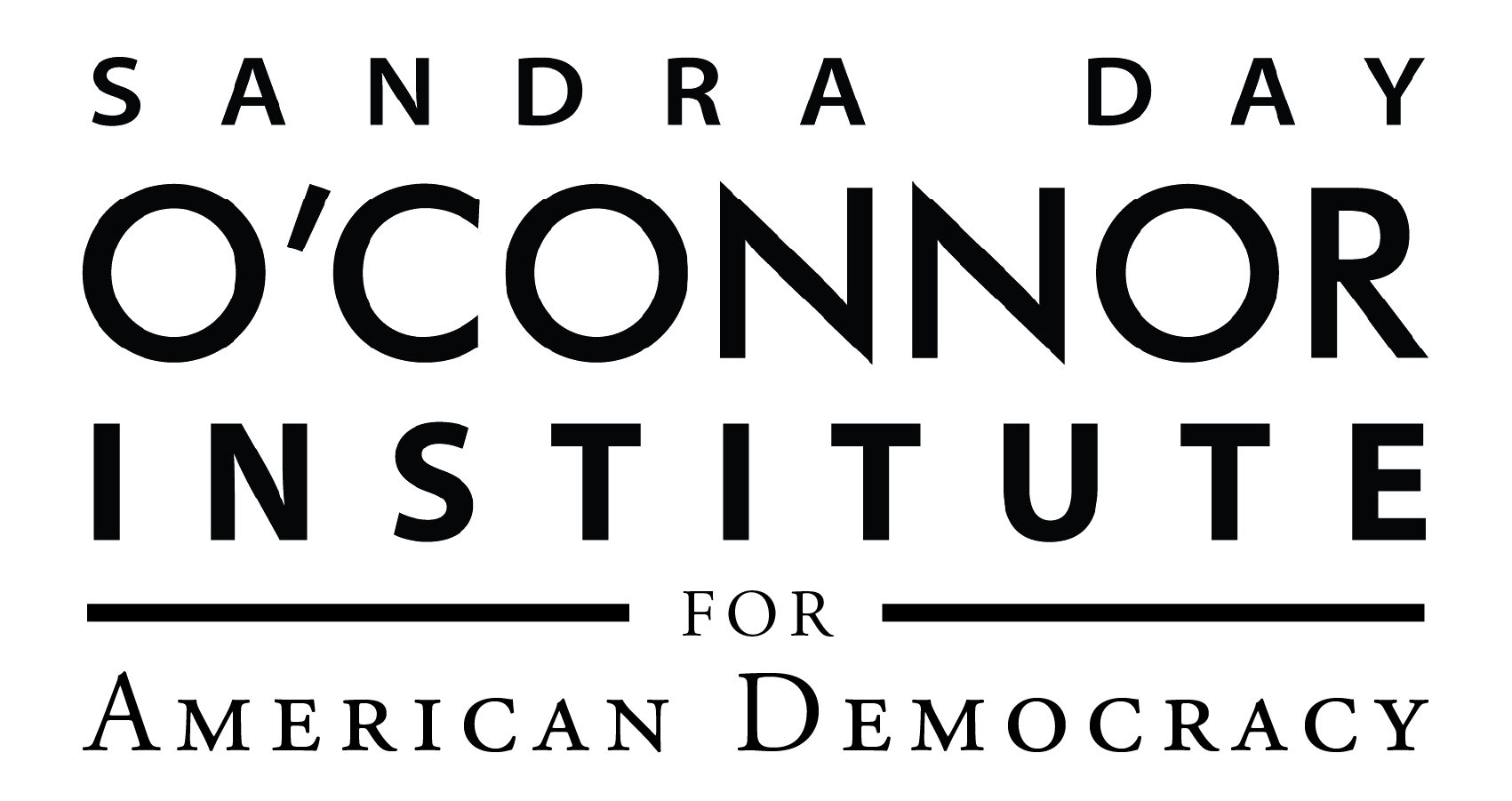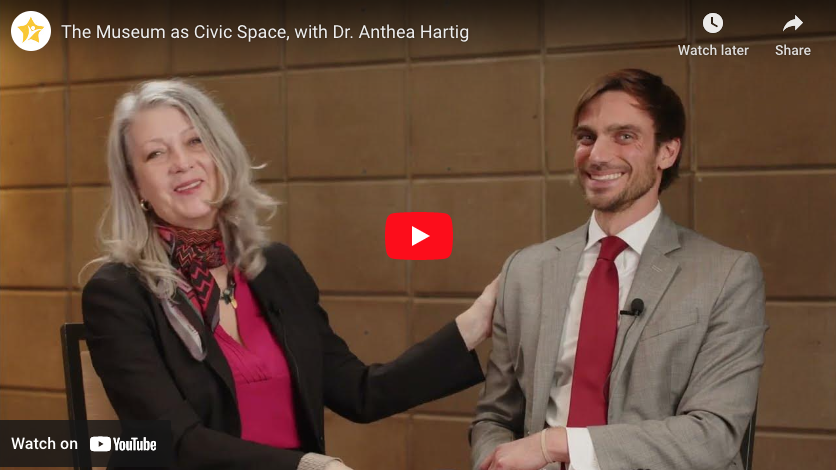
Welcome to Civics for Life Quarterly, where we present to you some of the finest and freshest content to be published on civicsforlife.org. We might humbly advise that you subscribe to the Quarterly -- that way you won't miss even a whit of elevating, edifying, galvanizing civics-related substance. Subscribe to the Quarterly here.
THE MUSEUM AS CIVIC SPACE
With Dr. Anthea Hartig
Director, National Museum of American History
Smithsonian Institution
DOES RANKED CHOICE VOTING HELP OR HINDER ELECTIONS?
Q&A With Alaska’s Honorable Kevin Meyer
In 2020, Alaskans voted to establish a system of ranked choice voting (RCV) for general elections. Kevin Meyer, Alaska’s lieutenant governor at the time, oversaw the state’s elections when RCV was on the ballot in 2020, approved by voters, and later implemented in the 2022 election. The only state in the nation with RCV for all offices, Lieutenant Governor Meyer answers a few questions from the O’Connor Institute about ranked choice voting and its impact on the election process.
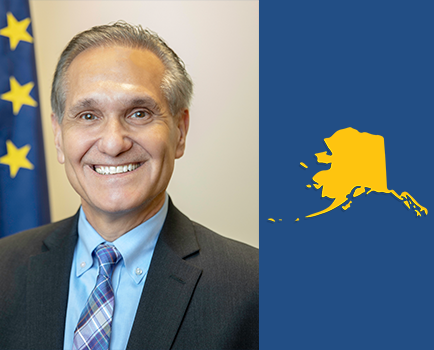
WHY CIVICS? WHY NOW?
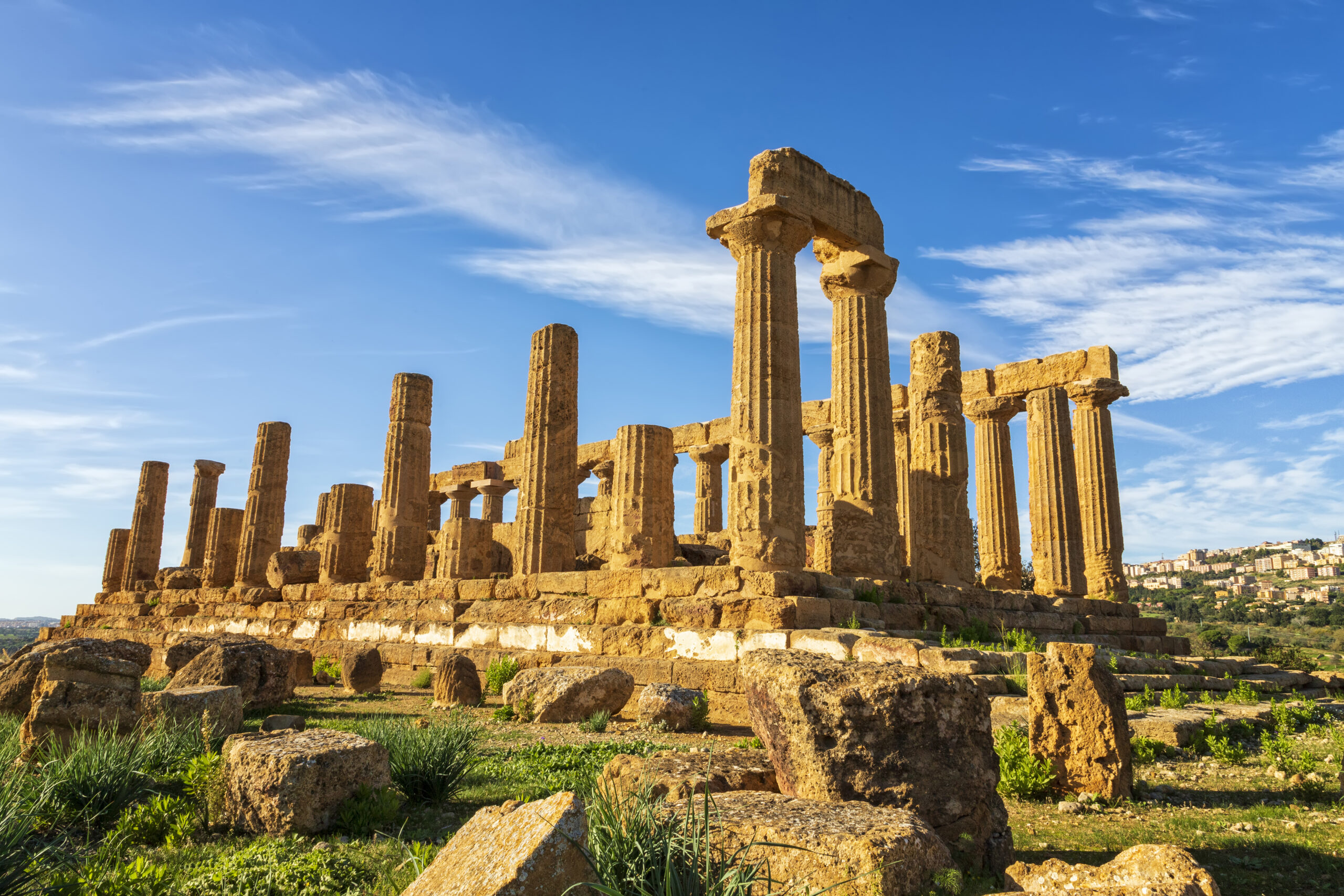
The ancient Greeks saw their city-states as educational communities; they knew that without civic education a society withers. Is this a lesson that Americans have forgotten -- and, if so, how can we begin the process of recollection?
THE INDIVIDUAL OFTEN DOES MAKE A DIFFERENCE IN SOCIETY
By Justice Sandra Day O’Connor
Stanford University Commencement Address
